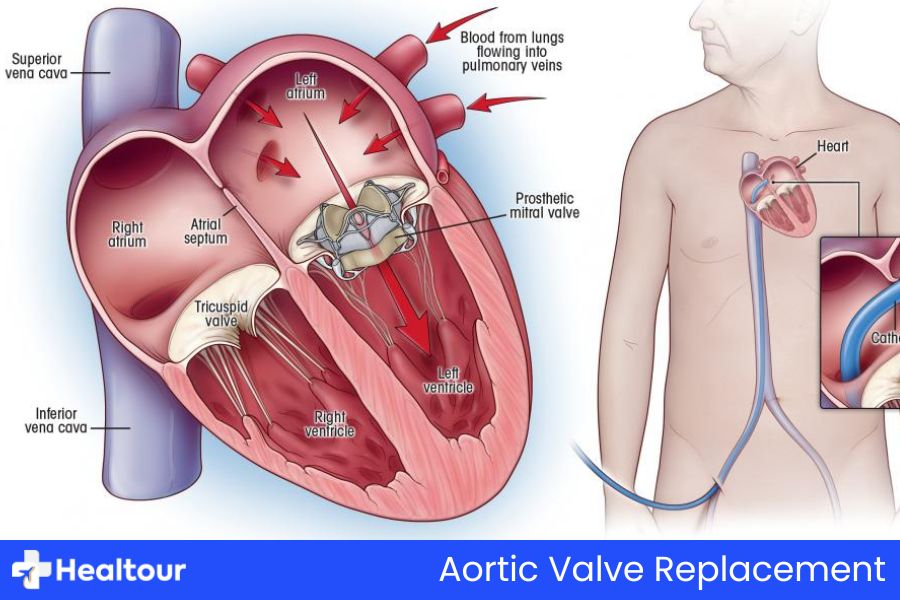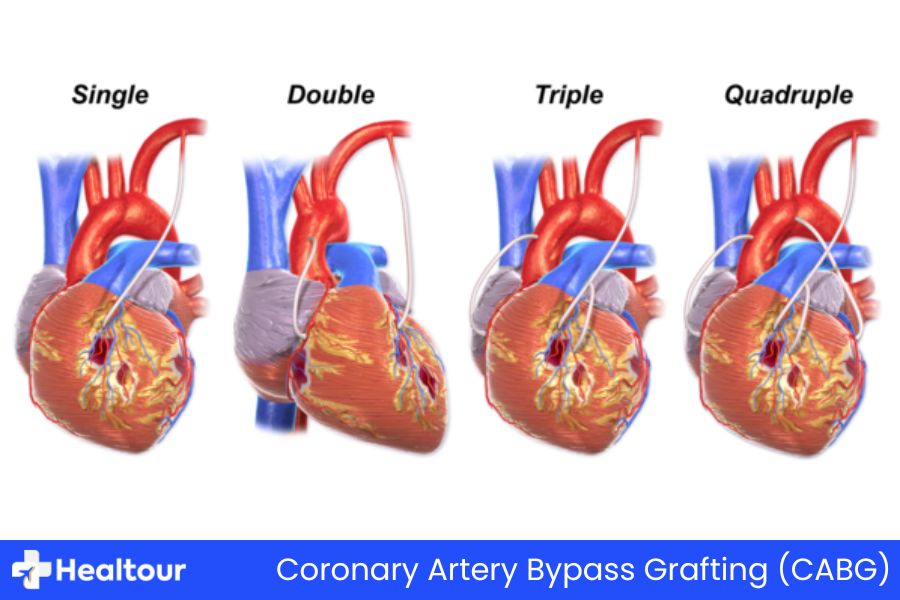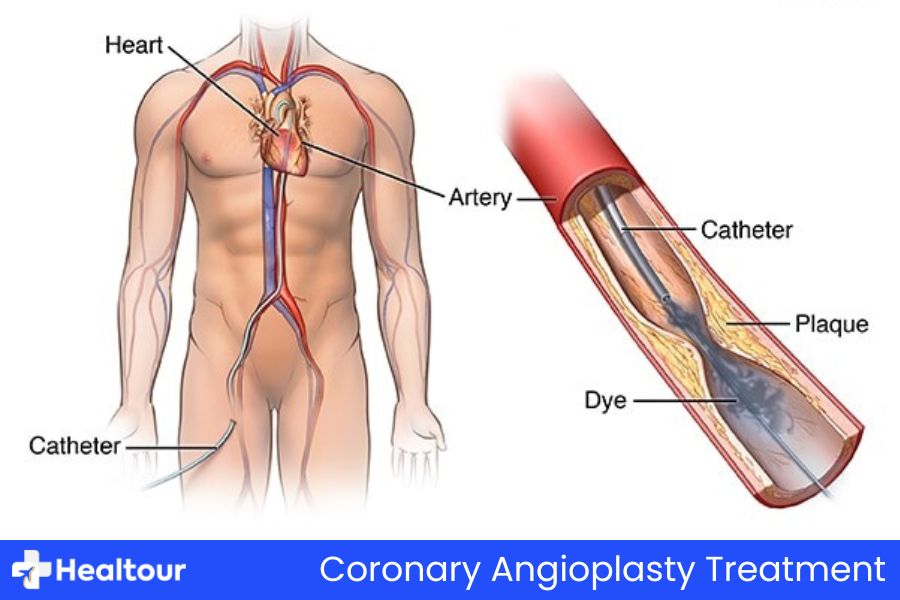
Aortic Valve Replacement
Department: Cardiology
Estimated Cost : INR1.5 Lakhs15 - INR1.5 Lakhs5
What is the Aortic Valve?
The heart has four valves—mitral, tricuspid, aortic, and pulmonic—that regulate blood flow. The aortic valve is located between the left ventricle (the heart’s main pumping chamber) and the aorta, the body’s largest artery. These valves ensure that blood flows in one direction, preventing any backflow.
Symptoms of Aortic Valve Disease
Aortic valve disease often progresses without symptoms, even when the valve is severely narrowed (stenosis) or leaking (insufficiency). However, early signs may include:
- Fatigue
- Easily getting tired
- Loss of energy
- Swollen ankles
- Palpitations (irregular or skipped heartbeats)
As the condition worsens, more serious symptoms may develop, such as:
- Shortness of breath
- Chest pain
- Dizziness or fainting
Aortic Valve Surgery
There are two primary options for treating aortic valve disease: aortic valve repair and aortic valve replacement. The choice between these procedures depends on factors like diagnostic test results, heart structure, age, and any other medical conditions.
Aortic valve surgery can be performed through traditional open-heart surgery or with minimally invasive techniques, depending on the patient's condition and the complexity of the surgery. The appropriate treatment is determined based on a thorough evaluation of individual circumstances.








 Get an Opinion
Get an Opinion
